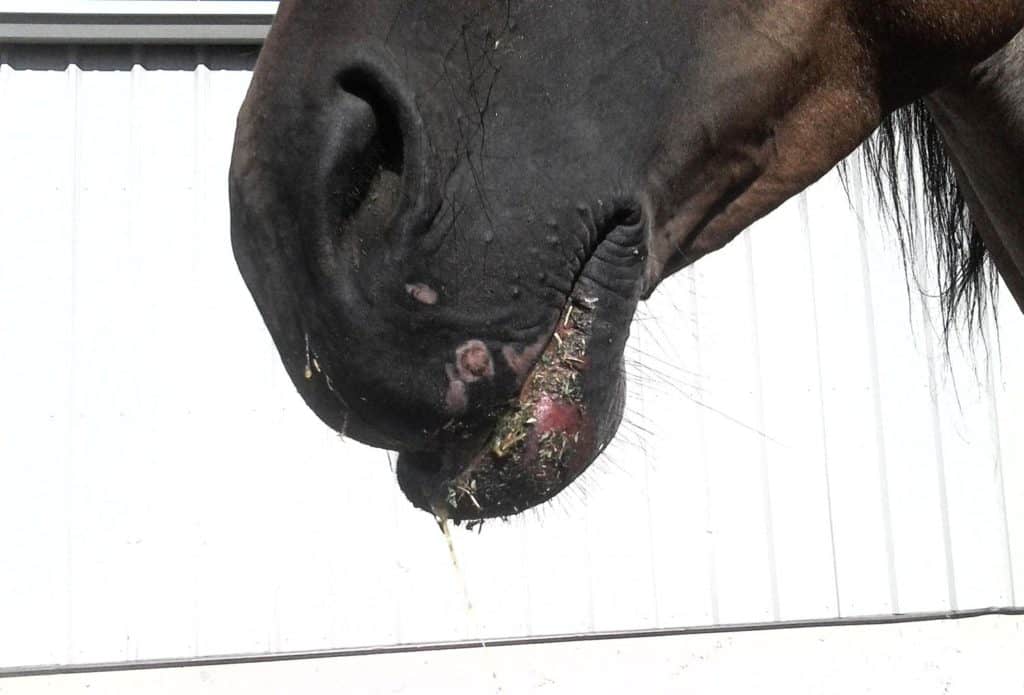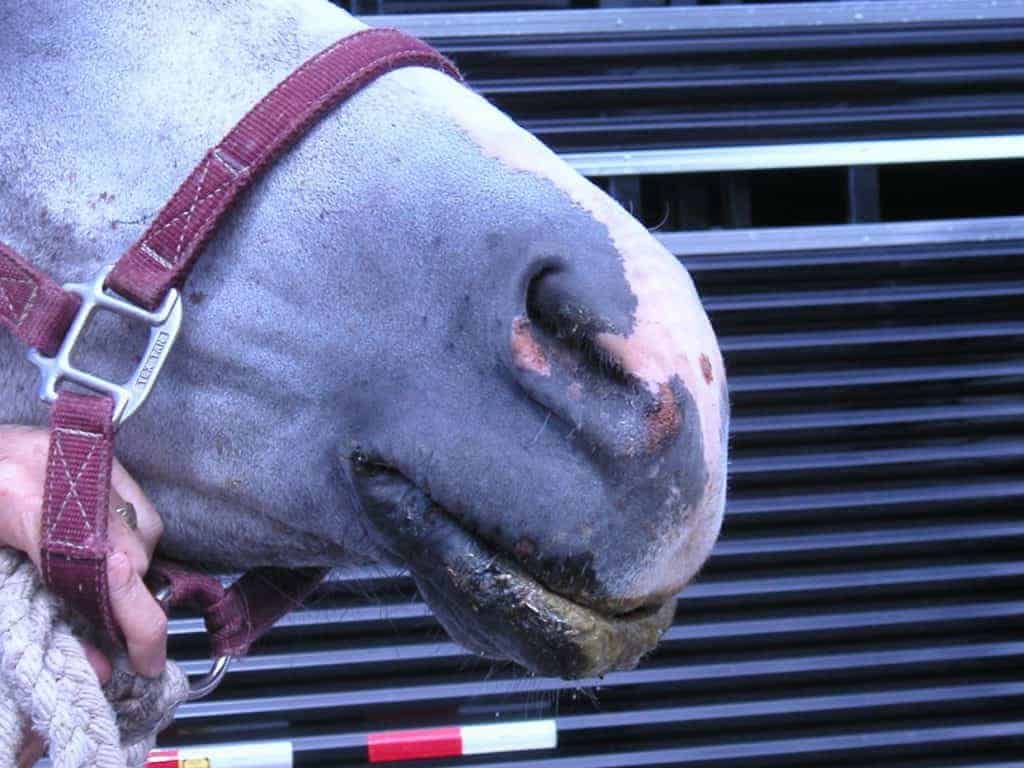
USDA Situation Report Identifies New Vesicular Stomatitis Cases
The agency reports three states have been released from VSV quarantine.

The agency reports three states have been released from VSV quarantine.

According to a Sept. 19, 2019, USDA update, the number of newly affected premises has dropped for first time in five weeks.

Use these disease prevention strategies to protect your horse on the farm, at the horse show, and in the breeding shed.

Seven states remain affected by vesicular stomatitis virus.

To protect horses and other livestock in Ohio, the state is not allowing the import of horses from counties with confirmed and suspected cases of the highly contagious vesicular stomatitis virus.

Here’s the most recent vesicular stomatitis virus update from the USDA.

Here’s your update on VSV-positive states and counties.

Horse owners in the southwestern and western U.S. should be aware of the current VS outbreak situation and implement aggressive vector mitigation and biosecurity strategies to protect their horses.

Here’s your update on confirmed positive and suspect states and counties.

The attending veterinarian of the Rockingham County horse says PHF is uncommon in the area.

While some types of diarrhea in horses present little to worry about if watched carefully, others can be life-threatening. Read more about this condition’s causes, diagnosis, and treatment.

Officials have identified three affected equine premises in Emery and Uintah counties.

Here’s an update of equine-related VS cases as of Aug. 15.

USDA also updates confirmed VSV cases in Colorado, New Mexico, Wyoming, and Texas.

The state’s first two cases of 2019 occurred in Essex and Norfolk counties.

Officials lift quarantine enacted following Carroll County, Indiana, mare’s death and diagnosis.
Stay on top of the most recent Horse Health news with
"*" indicates required fields